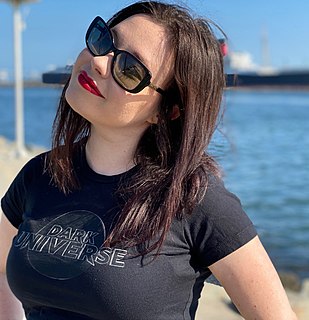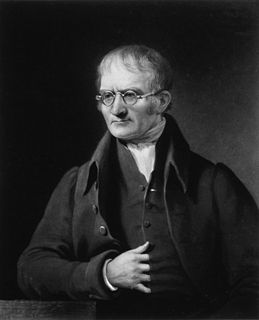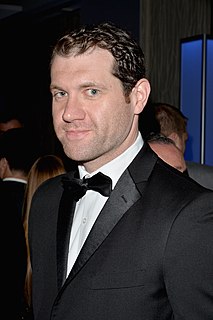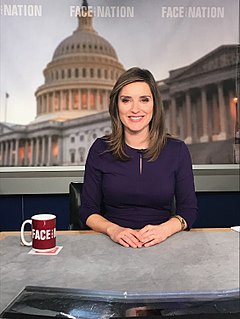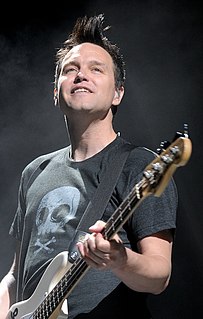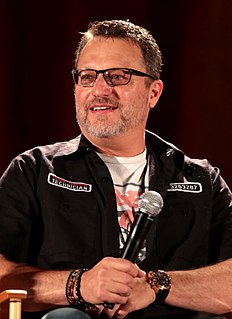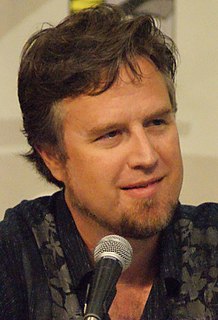A Quote by Lindsay Ellis
The fact that I had spent so many years doing media criticism and thinking really seriously about theme and structure did definitely help. Doing that for several years indirectly built a lot of tools that I would end up using when writing my own fiction.
Related Quotes
If there's one regret I have of my time in comedy it's that I really I was so obsessed with improv for so many years and I exclusively did improv for the first 6 years or 7 years. I was doing comedy and then I started doing solo work and stand up, a bit of writing, making videos, and really going into it on that end.
In the eight years I worked at newspapers, even during a little stretch when I was a film critic, I was never, ever doing exclusively criticism. In the daily newspaper world, much more value is placed on reporting than on thinking abstractly about art. The eight years I was in newspapers, I was mainly a journalist in the conventional sense, and just doing criticism when there were opportunities.
Teaching I realized took up a lot of my time. I was a kind of a teacher that spent time with students, spoke to them after class, tried to help them out. I'd talk with them personally about their work and try to get out of them what they were thinking about, forcing them to thinking seriously and not just falling back on all the ideas that they had picked up someplace. And so I took my job teaching very seriously and that - as a result, it took up a lot of time.
I did it [photojournalism] as something that was really rewarding to do, given the opportunity to express myself about something I cared about, and also to learn a lot by watching filmmakers I admired. In a sense, it was my film school. After doing it for a few years, I decided that the time had come to get it together and do some work of my own. So I stopped doing that and wrote some screenplays on speculation, because even though I wanted to direct, to direct you need a lot of money.
I started out doing improvised voices when I started working in a program where I read for kids in schools. I had some kids and they asked me if I would mind doing it. I was very happy to do it. Thats where I got my training before I went to the public. I did that for several years. It was actually the best vocal training I could have had.
I started out doing improvised voices when I started working in a program where I read for kids in schools. I had some kids and they asked me if I would mind doing it. I was very happy to do it. That's where I got my training before I went to the public. I did that for several years. It was actually the best vocal training I could have had.
Nothing changed in my life since I work all the time," Pamuk said then. "I've spent 30 years writing fiction. For the first 10 years I worried about money and no one asked me how much money I made. The second decade I spent money and no one was asking me about that. And I've spent the last 10 years with everyone expecting to hear how I spend the money, which I will not do.
